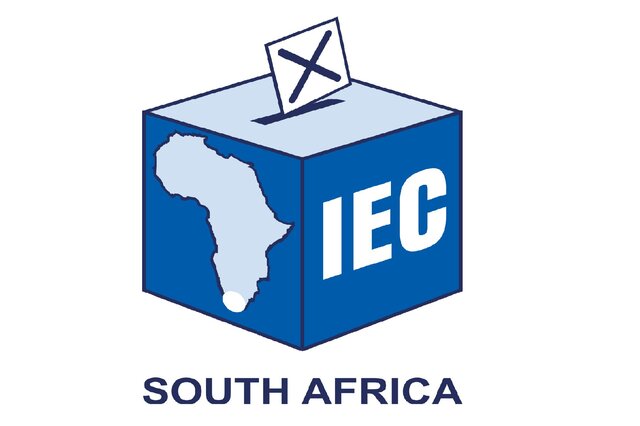Cape Town – The Electoral Commission of South Africa (IEC) has dismissed the appeal by the Islamic State of Africa (ISA) to register as a political party, ruling that its proposed guiding principles conflict with South Africa’s constitutional values.
ISA initially applied to register as a political party with the IEC, intending to base its platform on Sharia law.
According to the IEC, ISA’s policies were incompatible with South Africa’s secular constitution.
“The party’s proposed principles are in direct conflict with the democratic and constitutional values enshrined in South Africa’s law,” the IEC said in a statement.
The IEC said that parties wishing to register must comply with the Constitution and meet prescribed criteria for registration. “The Electoral Commission cannot register a party whose principles and policies violate the Constitution.”
ISA spokesperson Ethan Ramkuar criticised the IEC’s decision, saying: “We respect the process but disagree with such judgment from IEC. Our democracy allows us to challenge decisions of any institutions if we feel the need to, and allow the courts to make a decision,” according to Eyewitness News.
Ramkuar added, “We are not different from some existing religious-based parties, like the African Christian Democratic Party, whose values are also based on religion.” He said the decision appeared discriminatory and signaled that ISA may take the matter to the high court.
Political analysts have weighed in on the ruling. Dr. Ahmed Essop, a political science lecturer at the University of Cape Town, said: “The IEC is rightly upholding constitutional values. Allowing a party to promote laws inconsistent with secular democracy could undermine social cohesion,” as reported by Foundation for Defence of Democracies.
The ISA is a newly formed group with claims of promoting an Islamic governance platform. While it has not been linked to any violent activity in South Africa, its ideological stance was deemed incompatible with democratic principles.
The group has indicated it will pursue legal action, potentially bringing the matter to the high court.
Ramkuar said, “We will explore all legal avenues available to ensure our rights are upheld.”.
Follow African Insider on Facebook, X and Instagram
Picture: X/@RMakukuli
Compiled by Lisabeal Nqamqhele



